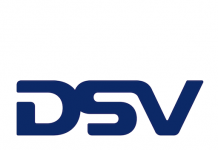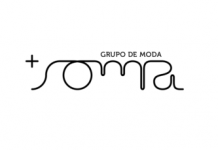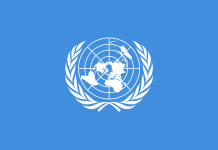Background & Rationale:
The fundamental mission of UNICEF is to promote the rights of every child, everywhere, in everything the organization does — in programmes, in advocacy and in operations. The equity strategy, emphasizing the most disadvantaged and excluded children and families, translates this commitment to children’s rights into action. For UNICEF, equity means that all children have an opportunity to survive, develop and reach their full potential, without discrimination, bias or favouritism.
There is growing evidence that investing in the health, education and protection of a society’s most disadvantaged citizens — addressing inequity — not only will give all children the opportunity to fulfil their potential but also will lead to sustained growth and stability of countries. This is why the focus on equity is so vital. It accelerates progress towards realizing the human rights of all children, which is the universal mandate of UNICEF, as outlined in the Convention on the Rights of the Child, while also supporting the equitable development of nations.
As a result of the Venezuela migration crisis, an estimated 4,6 million Venezuelans – around 30% of them children – have left their home country.
Migrant and refugee children and families face challenges to regularizing their immigration status which can affect their access to social protection, healthcare, early childhood development, education, sustainable livelihoods and child protection. Meanwhile, the lack of comprehensive public policies on migratory issues in host countries is putting children at higher risk of discrimination, violence, family separation, xenophobia, exploitation and abuse.
Since 2018, UNICEF Brazil runs a coordinated humanitarian operation for the migrants from Venezuela, based in the northern state of Roraima. Given the increased influx of migrants and their relocation to other states, UNICEF plans to extend its humanitarian response to the states of Amazonas (Manaus) and Para (Belem), building on UNICEF’s longstanding presence and programming in these states. Further to this, UNICEF aims to promote an enabling environment for the socio-economic integration of migrant children and adolescents across municipalities in 18 states of the Amazon and Semi-Arid regions by including migration in UNICEF’s flagship Municipal Seal Initiative.
In order to ensure effective coordination and oversight for Institutional Communication and Communication for Development activities related to the crisis in Roraima and Manaus, UNICEF will recruit an Individual Contractor who will be based within the Communication Section in Brasília.
In order to raise and strengthen public awareness on the plight of migrant children, adolescents and their families among the host communities, media, government and other stakeholders, and to create visibility for UNICEF’s humanitarian response to the crisis, UNICEF recruits an individual contractor for Institutional Communication.
Context
Under the general supervision of the Chief of Field Office Boa Vista and the Communication Specialist, with the overall guidance of the Chief of Communication and Partnerships, as well as in close cooperation with the Emergency Communicatio individual contractor based in Brasília, the individual contractor will support the implementation of Institutional Communication strategies in the context of UNICEF’s response to the migrant crisis in the northern region of Brazil, with a special focus on the state of Roraima.
The individual contractor will produce communication and advocacy material, engage with the media and organise high profile visits in Roraima, to create visibility for the situation of migrant children and UNICEF’s humanitarian response. In order to promote the rights of Venezuelan children and adolescents, the individual contractor will also support the development of advocacy messages in different formats and for different types of media, including digital platforms.




